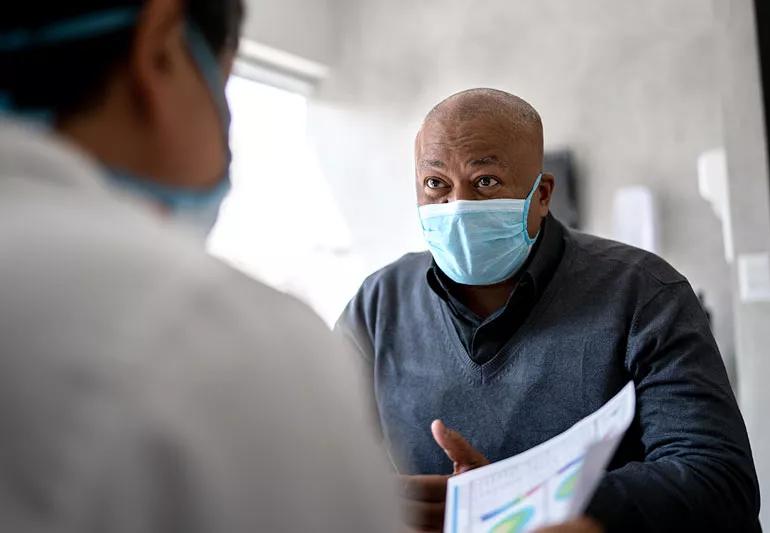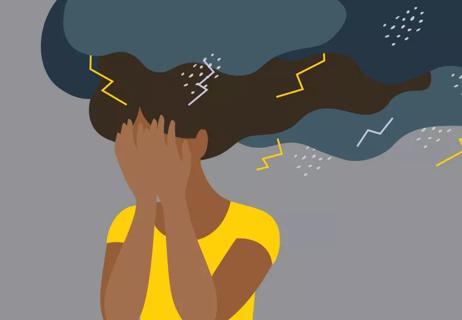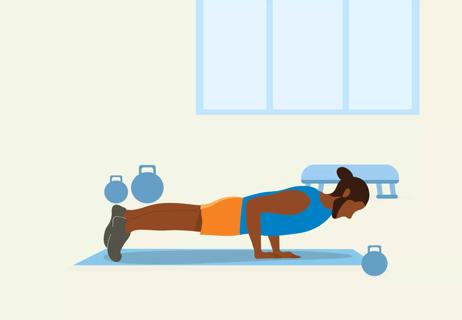Over-the-counter supplements aren’t the answer

If you listen to the hype, you might be tempted to think that increasing your testosterone is something like the fountain of youth. Better sex! Bigger muscles! Tons of energy! Fancy sports cars (somehow)!
Advertisement
Cleveland Clinic is a non-profit academic medical center. Advertising on our site helps support our mission. We do not endorse non-Cleveland Clinic products or services. Policy
The messages about low testosterone, or “low T,” seem to be taking hold. A study published in JAMA Internal Medicine showed prescriptions for testosterone therapy tripled between 2001 and 2011 for men over 40. And the demand continues to increase. It’s estimated that the market for testosterone replacement therapy will hit more than $2.2 billion by 2027.
More than a magic bullet, though, treatment for hypogonadism (low testosterone) is about improving your whole health.
“It’s not just a matter of treating a low testosterone number. It’s about understanding the cause of low testosterone and addressing any underlying medical issues,” says endocrinologist Kevin Pantalone, DO.
We talked with Dr. Pantalone about the treatment options for people living with low testosterone and why it’s important to talk with your healthcare provider about low T.
If you’re experiencing symptoms of low testosterone, your healthcare provider will run a blood test to check your testosterone levels.
Symptoms of low T can include:
A testosterone number less than about 250 nanograms per deciliter (ng/dL) is considered “low.” But a number isn’t necessarily something that needs treatment. Treatment for low testosterone isn’t recommended unless you have low numbers and symptoms of low T.
Advertisement
“People should not be treated for low numbers and no symptoms or symptoms but no low number. The two really need to go together,” Dr. Pantalone stresses.
If you show symptoms and your testosterone levels are indeed low, your healthcare provider will likely recommend lifestyle changes, testosterone therapy and additional testing.
Low testosterone is common among people living with some common chronic conditions.
“Chronic illnesses can keep your brain from sending out the right signals to tell your testicles to make more testosterone,” Dr. Pantalone explains. “For a lot of people, controlling their underlying condition can boost their testosterone levels without additional treatments.”
A few of the conditions commonly associated with low testosterone are:
In some cases, properly managing these conditions can increase your testosterone to a normal range and reduce your symptoms. For people with sleep apnea, that means being compliant with your CPAP therapy. For people with a BMI (body mass index) higher than 30, it can mean losing weight though diet, exercise or even bariatric surgery.
Testosterone therapy increases your testosterone levels by delivering testosterone right to your bloodstream. It can be delivered in a few different ways:
Your doctor can help you understand which method would be best for you based on any other conditions you may have and your lifestyle.
But testosterone therapy isn’t for everyone and shouldn’t be taken lightly, Dr. Pantalone says. For example, if you’re hoping to have children, testosterone therapy should be avoided, as it can decrease fertility. It also isn’t recommended for people living with prostate cancer.
Research has shown that testosterone-replacement therapy comes with some rewards and some risks.
Your healthcare provider will be able to advise you on the best options for you based on your condition.
But what about the hype in the media? The market is booming with “natural” testosterone boosters, but Dr. Pantalone warns against buying into them.
Advertisement
“There are a variety of supplements that are advertised as testosterone boosters or natural ways to increase your testosterone level, but there are no studies that clearly suggest they work.” And low testosterone can be an indication of a more serious medical condition. Attempting to treat low testosterone without the help of a medical professional means you’re not addressing the underlying cause, which can be harmful.
If you’re experiencing symptoms of low testosterone, talk with a healthcare provider to be evaluated. They’ll schedule a blood test for you, likely between the hours of 8 a.m. and 10 a.m. That’s because testosterone levels ebb and flow throughout the day.
“Hormone production follows what’s called a diurnal rhythm, where your levels are lowest around midnight and they peak in the early morning,” Dr. Pantalone says. “You want to check for deficiency in the morning when you know the level should be at its highest.”
Your doctor may also recommend some additional imaging tests. Though not common, low testosterone can be attributed in some people to a serious brain condition, such as a mass, so your doctor will want to rule that out.
“When we see patients with symptoms and low testosterone numbers, the first thing we want to do is find out why,” Dr. Pantalone says. “For some people, it’s a regular effect of aging, or attributed to a chronic disease. It can also be attributed to prior chemotherapy or prior radiation to the pelvic area. Only after your doctor understands the reason for your low testosterone will they be able to treat you appropriately.”
Advertisement
Learn more about our editorial process.
Advertisement

Testosterone therapy may be an option for women to help address low libido

Symptoms are subtle, but could include a reduced libido and mood swings

Vasectomies and masturbation don't lower your testosterone levels

Low testosterone levels can mimic symptoms of depression and cause anxiety over time

Lifestyle choices are often a contributing factor for low-T

Low T can decrease fertility, but there is hope

A variety of factors can cause temporary or more lasting changes in penis length

An unexplained lump, swelling, discomfort or changes to your testicles shouldn’t be ignored

Wearing a scarf, adjusting your outdoor activities and following your asthma treatment plan can help limit breathing problems

Your diet in the weeks, days and hours ahead of your race can power you to the finish line

When someone guilt trips you, they’re using emotionally manipulative behavior to try to get you to act a certain way